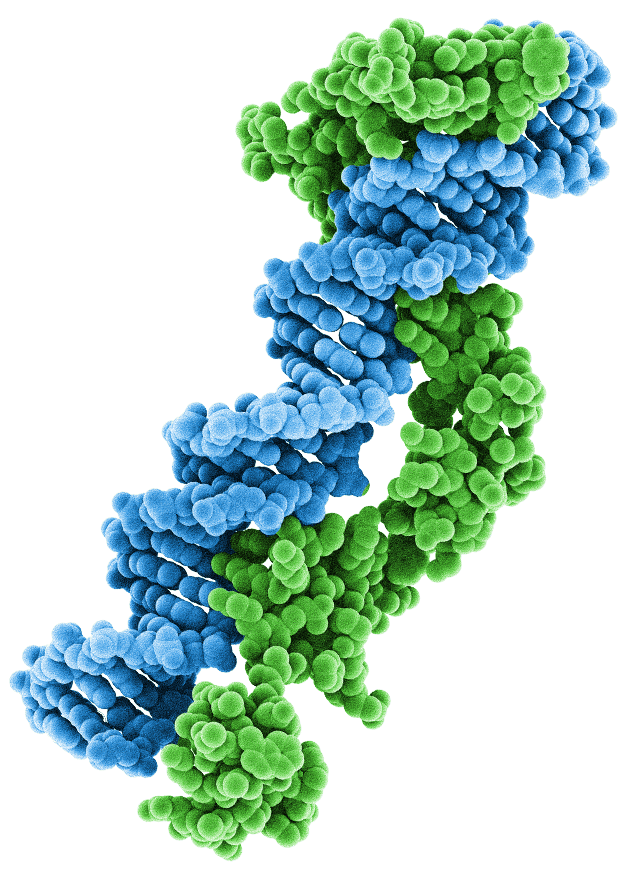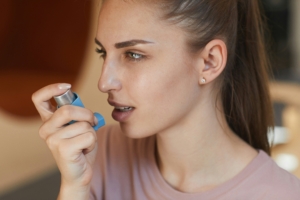
Two deaths with Novartis gene therapy
Swiss-headquarterd Novartis AG has reported two cases of fatal liver failure after treatment with the gene therapy Zolgensma.
Two children with the hereditary disease spinal muscular atrophy (SMA) died of acute liver failure after administration of the €1.8 million gene therapy drug and subsequent corticosteroid treatment. The AAV9 vector used to transduce an intact copy of the defective SMN1 gene in the sick children was previously considered non-pathogenic, as were all eleven adeno-associated viruses (AAV) used for gene therapy. However, only recently, reports of over 1,000 acute hepatitis cases which required hospitalisation or even organ transplantation in children made the headlines with AAV2, the best-researched and most widely used gene therapy vector until the 1990s. Two British studies retrospectively found AAV2 present in 96% of the children with hepatitis. They hypothesise that a viral co-infection of still unknown origin may cause replication of AAV in the liver.
Apart from a warning on the drug information, the death of the young patients after infusion into the spinal cord has no consequences for the market approval of Zolgensma (onasemnogene abeparvovec) for the time being. According to Novartis, which took over the developer of the gene therapy, AveXis, in 2018, these are the first fatal cases of acute liver failure after application of the gene therapy in more than 2,300 children worldwide.
As an alternative treatment, the drug Spinraza (active ingredient nusinersen) from Biogen Inc. has been available since 2017 and can significantly reduce muscle atrophy. It has to be injected into the spinal fluid every four months, the therapy costs amount to 750,000 euros in the first year and around 375,000 euros in the following years. In addition, the tablet Evrysdi (active ingredient Risdiplam) from Basel-based Roche AG has been approved in the USA since 2020. For a long time Novartis Zolgensma was the most expensive gene therapy worldwide. With the FDA backing of Bluebird Bio’s Zynteglo ($2.8m) It is now second.


 BioDlink
BioDlink
 Unsplash+
Unsplash+